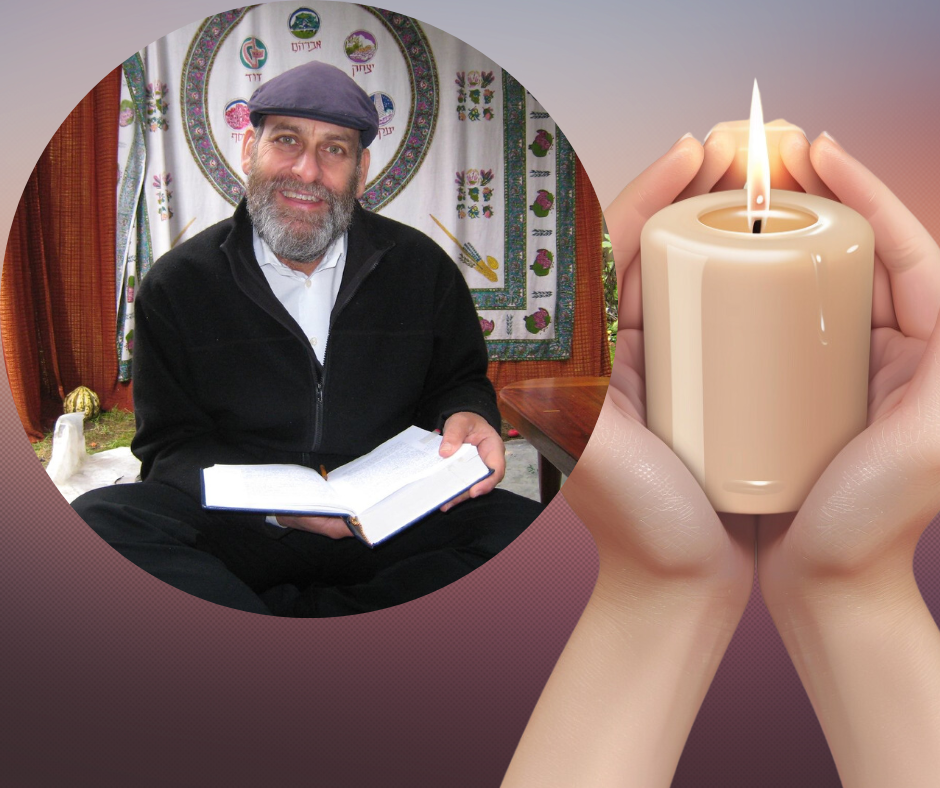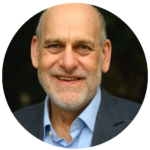Mussar Practice: Tools For Transformation
Join Alan Morinis to deepen your Mussar journey through practical tools that turn learning into lasting transformation. Explore meditation, journaling, and other practices that move Mussar from study to lived experience.
Tuition: $99 (All course fees are 100% tax deductible).

Level: Intermediate |
Recommended Experience: Basic Mussar Knowledge |
Format: 8 Pre-Recorded Sessions |

Questions?
Course Overview:
A student of Mussar is someone who wants to become the best possible version of the unique individual he or she already is. If you are someone who wants to make the journey of spiritual ascent your climb begins with study. The ideas that guide our practice are essential but not very effective tools for bringing about the results we seek.
The climb actually happens by means of a variety of contemplative, awareness-building, and experiential practices, including meditation, visualization, journaling, and chanting that we will explore in this program.
In the remarkable words of one of the leaders of the Mussar movement, Rabbi Nosson Tzvi Finkel, known as the Alter of Slabodka: “Working to perfect oneself is the cornerstone of all Jewish living, more fundamental and influential than Torah study.”
That’s the subject that we will be focusing on in this course – Mussar practice, what it is, and how to do it. We begin with study and move from there to practice – the more fundamental and influential pathway. Only practice brings about change in a deep and lasting way.
This course is for people who have some history and experience with Mussar study and practice.
Watch as Alan Morinis reveals the essence of Mussar and what sets it apart from every other approach to transformation.
Tuition: $99
All course fees are 100% tax deductible.
Session 1: Introduction:
Judaism calls on each of us to transform ourselves in the direction of holiness. But how can we transform ourselves? What methods work, and work for you as the unique individual you are? In this program, you will take a deeply experiential journey of discovery into the tools the Mussar masters developed through the centuries, all dedicated to bringing about transformation.
Session 2: Studying a Mussar Text:
Mussar is a venerable Jewish process of working on yourself, but never for the sake of your self. Rabbi Elya Lopian defined Mussar as, “Making the heart understand what the mind knows.” That definition tells us that the starting point in a Mussar process is always an idea, a concept, or an ideal that we aspire to bring into our lives. How we find and identify the goals we will strive for is the subject for this unit.
Session 3: Silence:
In Pirkei Avot, the Jewish book of wisdom whose title translates as, “Chapters of First Principles,” we read the words of Rabban Shimon ben Gamliel, who says, “All my days I grew up among the sages, and I did not find anything better for a person than silence.” Silence is not just the absence of sound; there are many important dimensions to silence as a spiritual practice.
Session 4: Meditation:
In the 19th-century Mussar book called Cheshbon HaNefesh, we encounter the story of two young men who undertook to develop their mental powers of concentration and focus. Only one of them succeeded, and we are told that he did it by gradually strengthening and extending his ability to meditate. The Mussar masters developed a number of forms of meditative practice and that is the subject for our fourth unit.
Session 5: Kabbalot:
In this unit, we focus on one very practical way in which the Mussar masters through the centuries encouraged their students to work on themselves. They assigned exercises, called kabbalot, a term that refers to intentional practices or commitments Mussar students take on as they endeavor to put their real-life experience to work to help them grow in one inner trait or another.
Session 6: Journaling:
How do you develop an awareness of what is actually taking place in your life? How do you come to see accurately what role your inner traits are playing in shaping your experience? How do you review your own experiences of working with your kabbalot? The answer to all these questions and more is that you keep a journal.
Session 7: Visualization:
Visualization has been an important Mussar practice for harnessing the God-given power of imagination as a vehicle on your journey toward holiness. The Mussar masters believed that experiences are the primary driver of transformation, and they noticed that we are all born with the power to conjure vivid mental images. As a result, they included mental images among the experiences that they found to be effective for rewiring our inner functioning. They showed us how we can put our power of imagination to work as a tool to help us emerge successfully from the tests that come our way in life.
Session 8: Integration:
In this final unit in the program, we will focus on the method the Mussar teachers used to end their own practice sessions. Whatever the form of learning, study, or exploration that had gone on, the final practice was always something that would bring about an integration of the learning. The final practice in a Mussar session is to engage in activities that have as their purpose stamping the experiences firmly and permanently on the template of your heart.
